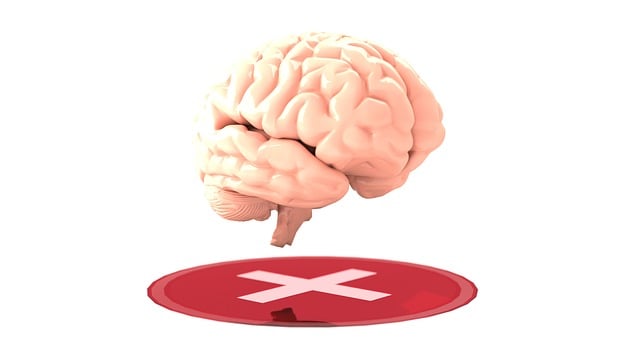Analyzing mental health data is essential for improving Louisville Conduct Disorder Therapy. By gathering information from various sources, preparing and structuring it, and employing evidence-based practices like Compassion Cultivation, therapists can gain insights into patient progress. This involves assessing key metrics such as aggressive behavior reduction, social interaction improvements, and emotional well-being. Data interpretation allows for identifying patterns, strengthening program enhancements, and integrating innovative Louisville Conduct Disorder Therapy techniques. Therapists use these findings to tailor treatment plans, focusing on conflict resolution skills training, for optimal long-term emotional well-being.
Mental health data analysis plays a pivotal role in understanding and improving therapeutic outcomes. This article explores the intricate process of analyzing Louisville Conduct Disorder Therapy (LCDT) data, focusing on collection, preparation, and interpretation techniques. By delving into real-world examples, we demonstrate how data-driven insights can inform effective treatment strategies for LCDT, ultimately enhancing patient care in Louisville and beyond.
- Understanding Mental Health Data: Collection and Preparation
- Analyzing Louisville Conduct Disorder Therapy Outcomes
- Interpreting Data to Drive Effective Treatment Strategies
Understanding Mental Health Data: Collection and Preparation

Understanding Mental Health Data is a crucial step in providing effective Louisville Conduct Disorder Therapy and enhancing overall mental wellness. The process begins with data collection, ensuring that various sources are utilized to gather comprehensive information. This includes patient records, surveys, clinical assessments, and even self-reported data from individuals seeking therapy. Each source offers unique insights into an individual’s mental health status, behaviors, and experiences.
Data preparation is a critical phase where the collected information is organized, cleaned, and standardized for analysis. This involves coding, categorizing, and translating raw data into structured formats. For instance, clinical notes can be coded to identify patterns in symptoms, while survey responses can be quantitatively analyzed. By adopting evidence-based practices like Compassion Cultivation, mental health professionals can enhance their Risk Assessment skills, fostering a safe environment for Emotional Healing Processes during data interpretation.
Analyzing Louisville Conduct Disorder Therapy Outcomes

In Louisville, the analysis of Conduct Disorder Therapy outcomes provides valuable insights into the effectiveness of various treatment approaches. By delving into the data, researchers and therapists can identify trends and patterns in patient progress over time. This involves scrutinizing key metrics such as reduction in aggressive behaviors, improvements in social interactions, and overall emotional well-being. For instance, a comprehensive study might reveal that certain therapeutic techniques, like Crisis Intervention Guidance, prove more successful in managing acute crises compared to traditional methods.
Additionally, examining the data can highlight areas where Louisville Conduct Disorder Therapy programs excel and those that need enhancement. This knowledge is pivotal for refining treatment strategies and integrating innovative Stress Reduction Methods. Moreover, understanding these outcomes enables therapists to tailor Emotional Well-being Promotion Techniques to individual patient needs, ultimately fostering more positive and sustainable outcomes in the long term.
Interpreting Data to Drive Effective Treatment Strategies

Effective treatment for conditions like conduct disorder often hinges on meticulous data interpretation. By delving into the nuances of mental health data, therapists in Louisville can identify patterns and gain valuable insights into a client’s emotional regulation, a key aspect of conduct disorder. This process involves analyzing various factors—behaviors, triggers, and responses to interventions—to tailor treatments that address the root causes. For instance, understanding the underlying emotional challenges and learning effective conflict resolution techniques can significantly impact a client’s progress.
The journey towards successful therapy requires a strategic approach. Therapists utilize evidence-based methods and mind over matter principles to help clients manage their symptoms. By interpreting data accurately, they can design individualized treatment plans that incorporate specific conflict resolution skills training, ensuring better outcomes for those seeking Louisville conduct disorder therapy.
Mental health data analysis is a powerful tool for improving treatment outcomes, especially in initiatives like Louisville Conduct Disorder Therapy. By understanding and interpreting collected data, we can identify trends, assess the effectiveness of interventions, and make informed decisions to enhance support strategies. This analytical approach ensures that resources are allocated efficiently, ultimately benefiting individuals seeking mental health services.














